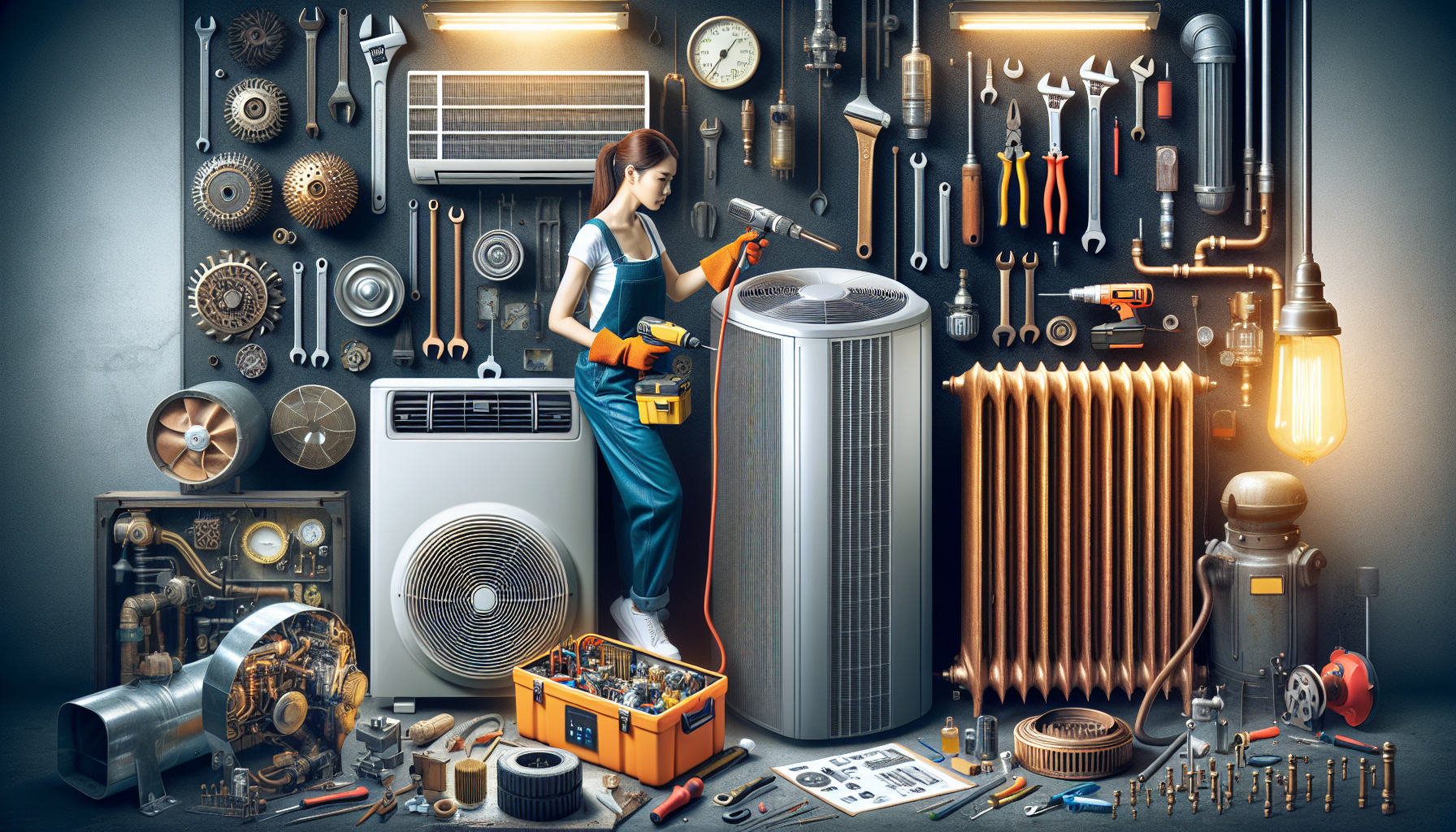Skilled Heating System Repair Services to Keep Your Home Warm During Cold Weather
Wiki Article
Discover Comprehensive HVAC Providers for All Your Heating and Cooling Demands
In the world of home comfort, the selection of an ideal A/c system plays a crucial duty. Additional exploration of these systems reveals the detailed equilibrium between price and capability.Recognizing Different Kinds Of Cooling And Heating Equipments

Picking the Right Cooling And Heating System for Your Home
Picking the ideal cooling and heating system for your home entails careful consideration of several factors. Home dimension considerably influences the system's capacity required to successfully heat and cool the room. In addition, the climate in which one resides establishes whether to focus on heating performance, cooling down power, or a balance of both. Energy efficiency ratings, such as SEER (Seasonal Power Performance Ratio) for cooling down and AFUE (Yearly Fuel Usage Effectiveness) for heater, are crucial in picking an economical unit that lines up with budgetary and ecological goals. The type of system-- whether a split system, crossbreed, or ductless-- should straighten with the home's structural style and existing ductwork to guarantee optimum performance and simplicity of installment.The Significance of Routine Cooling And Heating Maintenance

Usual A/c Troubles and Exactly How to Address Them
Despite regular maintenance, cooling and heating systems can still come across a variety of common problems that impact their efficiency and functionality. As an example, dirty filters can block air flow, decreasing system effectiveness and straining its parts. On a regular basis changing or cleansing filters can stop this trouble. One more regular problem is thermostat malfunctions, which can cause the HVAC system to run excessively or not sufficient, bring about pain and raised energy bills. Monitoring and recalibrating the thermostat can resolve this concern. Leakages in refrigerant lines likewise impact performance, requiring professional detection and repair. In addition, worn elements like capacitors and fan motors might stop working, demanding timely repair work to avoid more considerable damage and make certain ideal efficiency.Examining the Cost-Effectiveness of A/c Upgrades
Why should home owners think about upgrading their Heating and cooling systems? Upgrading a HVAC system can substantially lower energy consumption, leading to lower energy expenses and increased power performance.When evaluating the cost-effectiveness of these upgrades, it's crucial to think about the preliminary financial investment versus lasting cost savings. Generally, the greater in advance cost can be balanced out by the decrease in recurring power expenditures and maintenance prices. Many local federal governments offer discounts and rewards for energy-efficient appliance acquisitions, making upgrades more inexpensive.
Final Thought
In verdict, choosing the ideal Cooling and heating system and ensuring regular upkeep are important for optimum indoor comfort and air top quality. Various systems offer customized remedies, making it crucial to understand the certain needs based on home size and regional environment.In contrast, ductless systems, such as split, multi-split, or mini-split systems, offer direct air conditioning and heating to certain locations without the requirement for ductwork, using more local control and possibly minimizing power losses associated with ducting. The kind of system-- whether a split system, hybrid, or ductless-- should line up with the home's architectural design and existing ductwork to ensure optimal efficiency and simplicity of installment.
Routine A/c upkeep is crucial for making sure that home heating and cooling systems operate at peak efficiency. An additional frequent concern is thermostat malfunctions, which can create the Cooling and heating system to run exceedingly or not sufficient, leading to pain and increased power expenses (AC maintenance services). Upgrading a HVAC system can considerably decrease power usage, leading to reduced energy expenses and increased power effectiveness
Report this wiki page